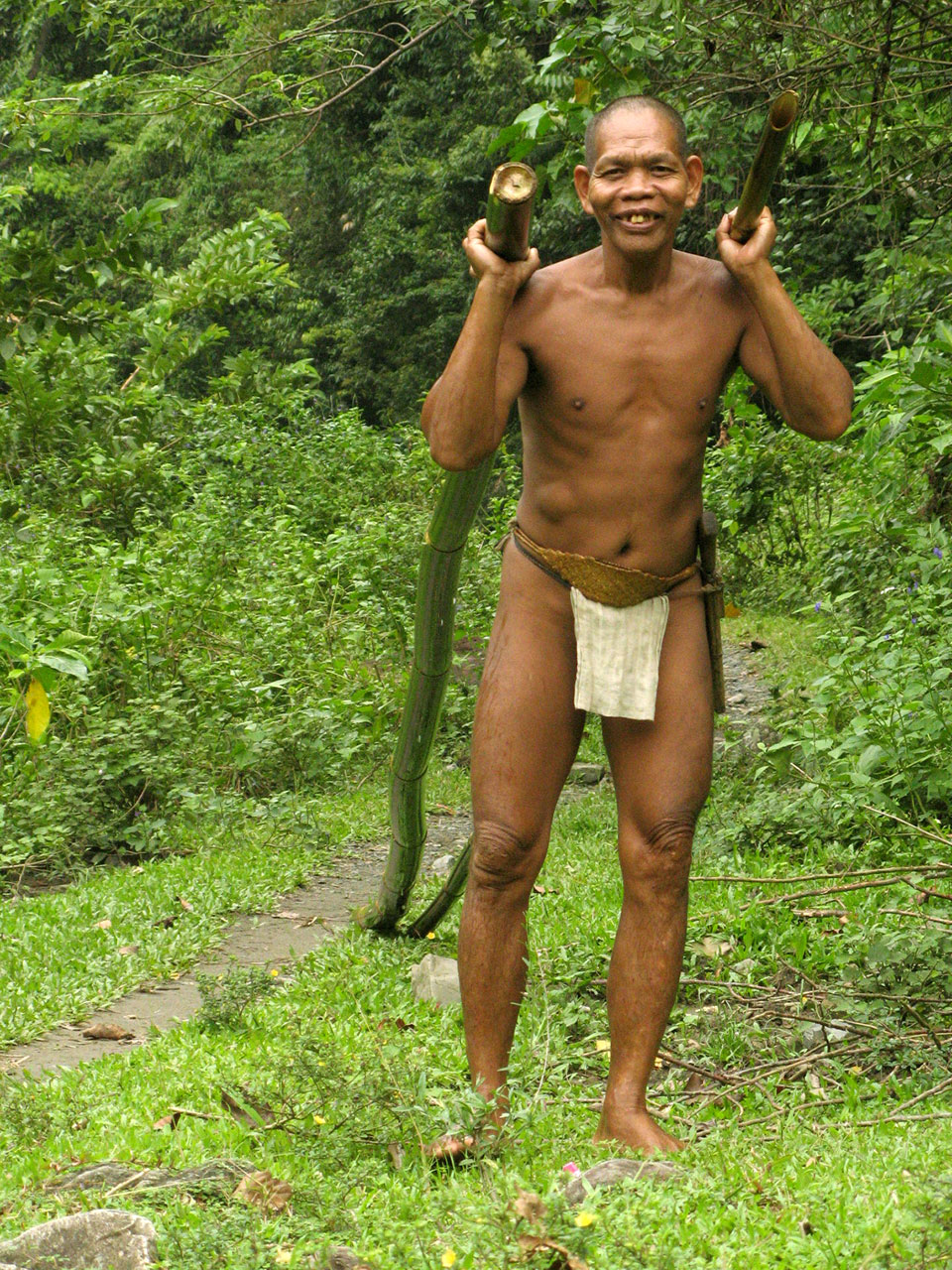Indigenous Peoples and Community-Conserved Areas
Stewards of the Sacred Land: Indigenous Peoples and Community Conserved Areas

FPE, in its mission to pursue and spark holistic and lasting change in the field of biodiversity conservation and sustainable development (BCSD) in the Philippines, utilizes a participatory and comprehensive knowledge-based approach to decision-making as well as to actual implementation and execution of programs and projects.
FPE, in its mission to pursue and spark holistic and lasting change in the field of biodiversity conservation and sustainable development (BCSD) in the Philippines, utilizes a participatory and comprehensive knowledge-based approach to decision-making as well as to actual implementation and execution of programs and projects.
Integral to this approach is collaboration with indigenous peoples (IP) groups and indigenous cultural communities (ICC). As the traditional managers of the natural treasures that come in incomparable abundance in the Philippines, these portions of the population should not be treated merely as beneficiaries, but rather primary stakeholders and actors in BCSD-oriented initiatives. Even well before the arrival and establishment of modern industrialized societies, indigenous peoples and their communities have relied upon traditional knowledge and adapted cultural practices to enjoy the myriad resources and benefits provided naturally by biodiversity.

Knowing upon whose hands to entrust the fate of our natural resources can spell the difference between the success and failure of conservation efforts. (FPE)
Since its establishment in 1992, FPE has been involved in a significant number of projects that promote traditional management of natural resources and strengthen the capacity of IPs and ICCs in asserting their rights to govern and sustainably manage these resources. Working hand in hand with indigenous communities, FPE draws from a long-standing traditional knowledge and experience base to effectively empower local communities to manage and sustain natural biodiversity.
Paying Attention to History-trained Experts
When it comes to IPs and ICCs, there is more to the discussion of BCSD than just scientific dimensions; the social and cultural bearings also factor in significantly. More than protecting nature, therefore, BCSD through the direct efforts and leadership of IPs and ICCs is about preserving and perpetuating tradition and identity.
IPs and ICCs are historical experts when it comes to the human-and-nature relationship. They have survived throughout generations hand-in-hand with their environment, depending heavily on the capacities of their immediate resources while still living within the limits thereof. These experiences have spanned millennia, and from them, they have drawn a level of understanding that have enabled them to anticipate when and how to maximize nature’s abundance without being excessive or abusive, while also being able to adapt with and adjust to it during more difficult times. Through this relationship, IPs and ICCs have learned to recognize and respect land, water, and all of nature around them as sacred.
In this sense, indigenous peoples’ communities are the country’s most precious resource and most productive force when it comes to conservation and sustainability. Their historically and spiritually-enriched knowledge base is invaluable to the BCSD cause. From their stories, critical lessons may be extracted and adapted in combination with modern knowledge and technology. As a result, informed and sustainable strategies may be shared and set into action, not only on the local level but also on a national level wherever they may be adapted.
Collaboration with indigenous peoples – the traditional owners of the land – is an integral dimension of FPE’s biodiversity conservation and sustainable development efforts. (FPE)
In this sense, indigenous peoples’ communities are the country’s most precious resource and most productive force when it comes to conservation and sustainability. Their historically and spiritually-enriched knowledge base is invaluable to the BCSD cause. From their stories, critical lessons may be extracted and adapted in combination with modern knowledge and technology. As a result, informed and sustainable strategies may be shared and set into action, not only on the local level but also on a national level wherever they may be adapted.
Making IPs and ICCs independent primary stakeholders and decision-makers in natural resource management practices also makes sense because they stand to gain most given their proximity to the land’s (or sea’s) natural riches for both livelihood and subsistence. At the same time, they also are most at risk should the resources run out or become degraded. This is especially important, considering the fact that in the modern economy, IPs and ICCs are among the most economically poor and marginalized despite supposedly being naturally resource-rich. A direct stake in biodiversity management at the local community level will benefit IPs and ICCs with a more even playing field in the long-term.
Leaders of IP communities can facilitate mediation and decision-making regarding policies and laws that involve their ancestral lands. (FPE)
In the political sense, IPs and ICCs also play a crucial role in mediating between policies and legislation made on the national-level and the actual impact that these statutes create on the ground. They are therefore ideal avatars of participatory government, as well as dependable conflict managers between the interests of the people and of the greater nation as a whole.
References
- International Union for Conservation of Nature (IUCN). 2011. Indigenous and Community Conserved Areas: A Bold New Frontier for Conservation. Last updated on April 26, 2011, http://iucn.org/about/union/commissions/ceesp/topics/governance/icca.
- Bennagen, P. 1996. Consulting the Spirits, Working with Nature, Sharing with others: An Overview of Indigenous Resource Management. Quezon City, Philippines: Sentro Para sa Ganap na Pamayanan.

 DISPLAY CALENDAR
DISPLAY CALENDAR
 Read Policy Briefs
Read Policy Briefs
 View Our Partners
View Our Partners
 Access Grants MIS
Access Grants MIS
 Login to Webmail
Login to Webmail